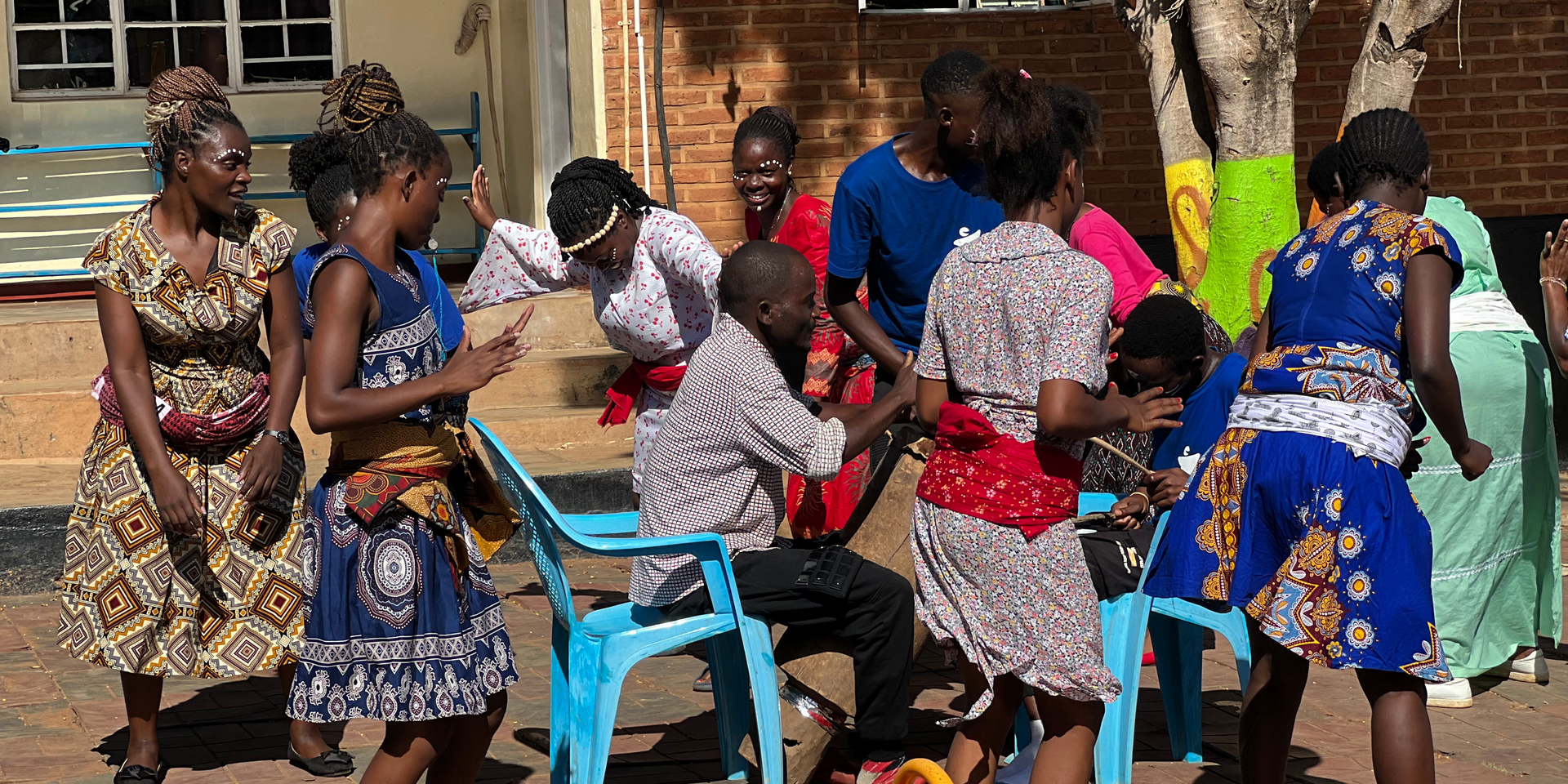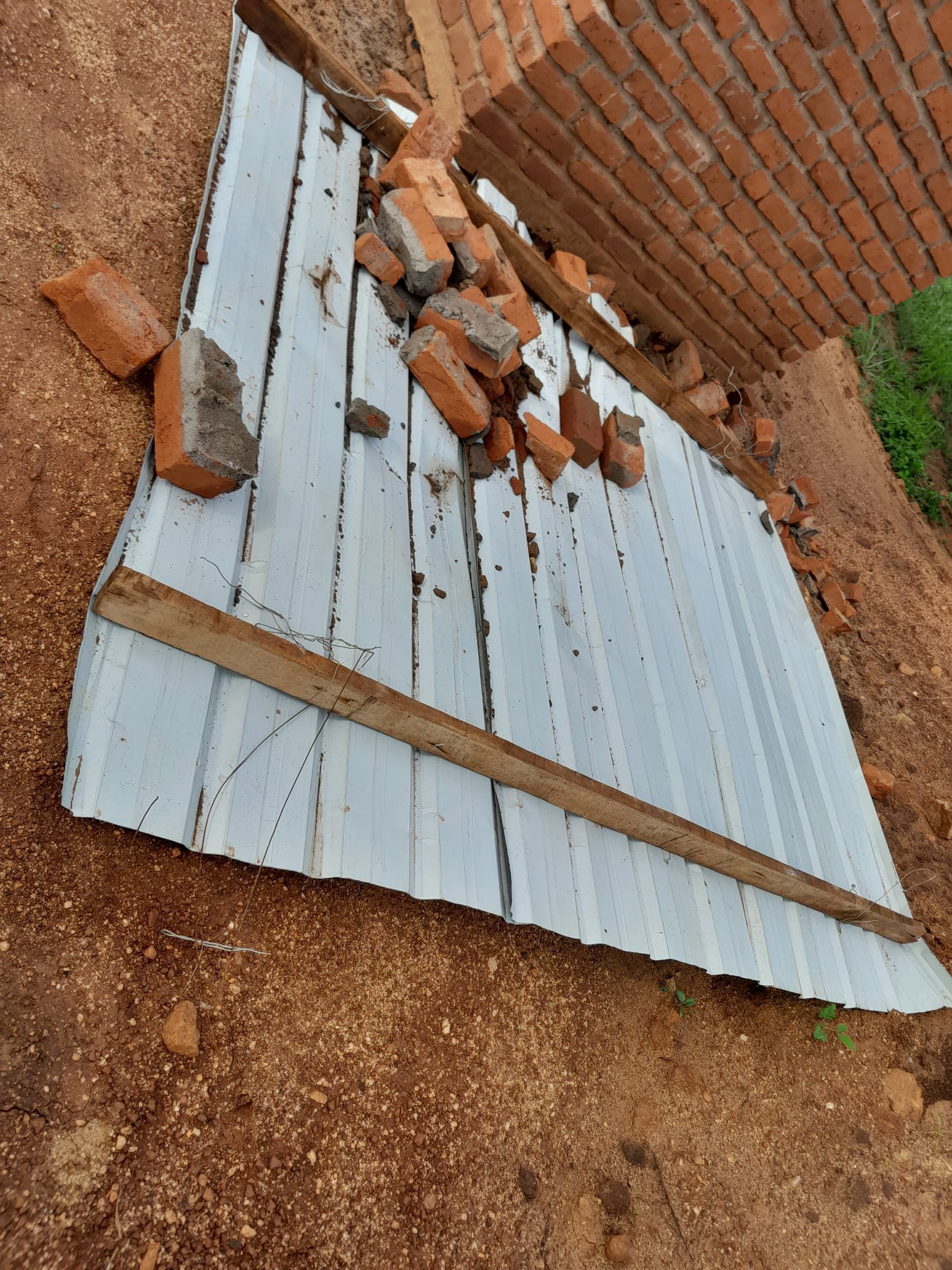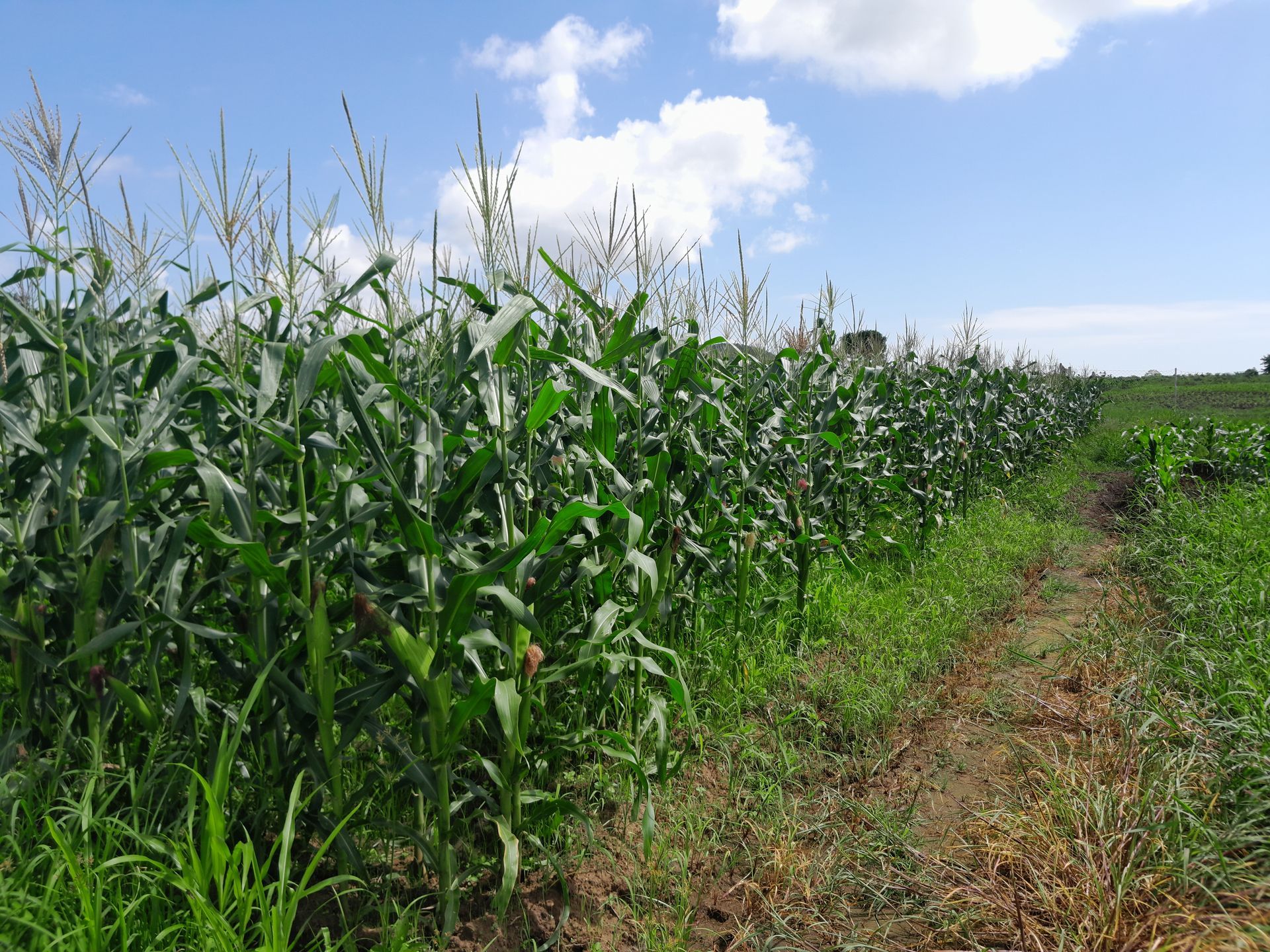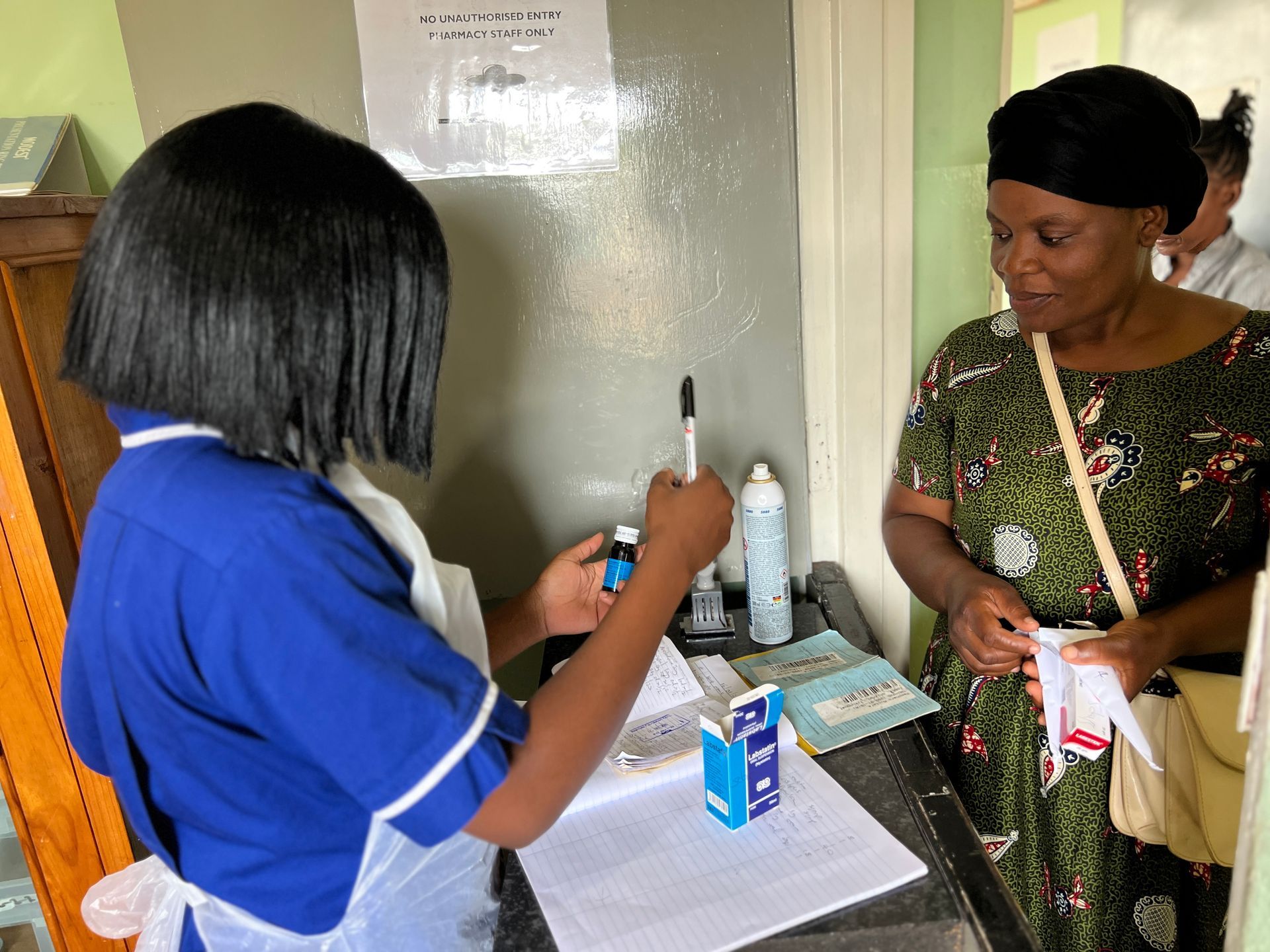The Role of Cultural Events in Strengthening Community Bonds: Insights from Malawi
Celebrating Unity and Diversity: The Transformative Power of Cultural Gatherings in Malawi

Cultural events are essential in fostering community spirit and solidarity, acting as a celebration of identity and a bridge across generational gaps. In Malawi, known as the ‘Warm Heart of Africa,’ these gatherings take on even greater significance, reflecting the country's rich traditions and cultural diversity. By bringing people together, community-organised cultural events promote social cohesion, create a sense of belonging, and foster unity and mutual respect. This article delves into the importance of such events in Malawi, highlighting how they strengthen community bonds and preserve the nation’s vibrant cultural heritage.
The Significance of Cultural Events
Cultural events are more than just celebrations; they are vital threads that weave the social fabric of communities. They provide a platform for individuals to share their heritage, values, and traditions, which helps preserve cultural identity while fostering respect and appreciation for diverse ways of life. These events often include music, dance, art, food, and rituals, offering a rich tapestry of experiences that can unite people across diverse backgrounds.
To better understand the profound impact these cultural gatherings have on Malawi's social cohesion, let us look at three prominent events that exemplify the role of these celebrations in uniting and enriching communities.
1. The Malawi Music Sand Festival
The Malawi Music Sand Festival is an annual, this event is a vibrant celebration of the country's diverse musical and cultural legacy. It typically features traditional and contemporary music, with performances from local artists and bands. The festival is known for its vibrant atmosphere, where music, dance, and cultural expressions come together. The festival often includes additional activities such as art exhibitions, workshops, and food stalls, displaying Malawian cuisine and crafts. The festival's "sand" aspect refers to the location, as the event takes place along the beautiful shores of Lake Malawi, providing a scenic setting for the celebrations. Overall, the Malawi Music Sand Festival is a platform for promoting Malawian culture and tourism, providing entertainment, and fostering a sense of unity and community among locals and tourists.
2. Tumaini Festival
The Tumaini Festival is an annual cultural festival held at Dzaleka Refugee Camp in Malawi and is the only and first festival in the world held within a refugee camp. The celebration turns the Dzaleka Refugee Camp into a tourist destination. Visitors are welcomed into the camp to promote intercultural harmony, foster mutual understanding, and create peaceful coexistence between the refugees and the Malawian people through entertainment and artistic expression. The festival is the principal source of commercial revenue for Dzaleka Refugee Camp, helping the community generate over $150,000 annually. Within the past ten years since its establishment in 2014, more than 129,000 people have attended the event. Performers from Malawi, Africa, and abroad have shared the stage with performers from Dzaleka.
3. The Lake of Stars Festival
Held annually along the shores of Lake Malawi, the Lake of Stars Festival is a major cultural event that attracts both locals and international visitors. A British tourist established this vibrant festival and organised the first festival in 2004. This festival celebrates music, arts, culture, theatre, film, and visual arts featuring performances by Malawian and global artists. It is more than just a music festival but also serves as a melting pot where diverse cultures connect, fostering cross-cultural exchanges and mutual understanding. The festival promotes inclusivity by highlighting Malawian talent while providing a platform for cultural dialogue and shared experiences. A fun fact; the name Lake of Stars derives from the lights of the fishermen on Lake Malawi on their boats. From a distance, these lights resemble the stars in the sky.
Promoting Inclusivity and Mutual Understanding
Cultural events in Malawi play a crucial role in promoting inclusivity and mutual understanding by:
Celebrating Diversity: By featuring a wide range of cultural practices and traditions, these events highlight the rich tapestry of Malawian culture and encourage appreciation for diverse ways of life.
Fostering Interaction: Events like festivals and exhibitions provide opportunities for people from diverse backgrounds to interact, share experiences, and build relationships, reducing barriers and promoting social unity.
Preserving Heritage: Cultural events help preserve traditional practices and pass them down to future generations, ensuring that cultural heritage remains a living, evolving part of community life.
Encouraging Participation: Many cultural events are designed to be inclusive, inviting people from various communities and diverse parts of the world to participate and contribute. This inclusive approach helps to build a sense of ownership and belonging among all participants.
Conclusion
In Malawi, cultural events are more than just celebrations; they are essential in nurturing community bonds and promoting unity. By creating platforms for sharing and celebrating diverse cultural expressions, these events strengthen the social fabric, foster mutual understanding, and build a more inclusive society. As Malawi continues to embrace its rich cultural heritage through these gatherings, it sets a powerful example of how cultural events can play a transformative role in community building and social unity.

GET INVOLVED
ABOUT
JOIN OUR MONTHLY NEWSLETTER
Contact Us
We will get back to you as soon as possible.
Please try again later.



